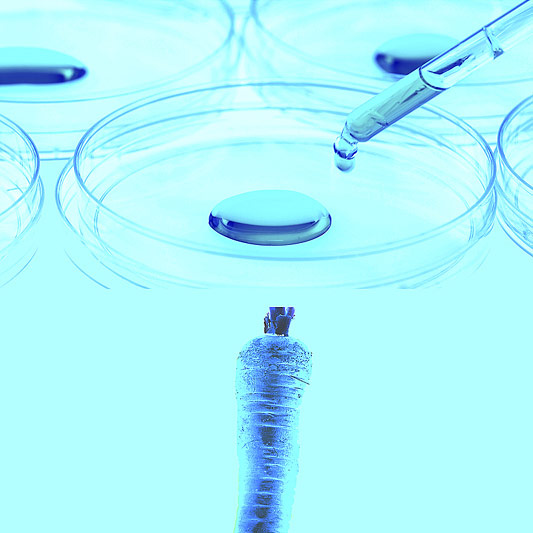
FRIDAY, Jan. 29 (HealthDay News) — The first complete genomic sequencing of a brain cancer cell line has been performed by U.S. scientists.
The achievement may help identify new molecular targets for the development of more effective and less toxic drugs and lead to personalized treatments based on the unique biological signatures of a patient’s cancer, according to the team at the Jonsson Comprehensive Cancer Center at the University of California, Los Angeles.
The finding also may result in new and better ways to monitor for brain cancer recurrence, as well as a test to determine when brain cancer has been destroyed, which would prevent overtreatment with harmful anti-cancer drugs that can cause long-term health problems.
The sequencing was done on a glioblastoma cell line called U87, which is studied in more than 1,000 laboratories worldwide. The UCLA team used this thoroughly examined brain cancer cell line because the sequencing of its genome will allow scientists who’ve studied it to reinterpret their findings and perhaps move in new research directions.
According to the report published in the Jan. 29 online edition of the journal PLoS Genetics, with the latest technology, the sequencing of the brain cancer cell line took less than a month and cost about $35,000.
“This is very exciting because we, as scientists, can now move forward with revealing complete cancer genomes,” study senior author Dr. Stan Nelson, a professor of human genetics and director of the Jonsson Comprehensive Cancer Center’s Gene Expression Shared Resource, said in a news release.
“Cancer is at its heart a genetic disease. Cancer cells have acquired mutations that allow them to invade tissues and to not live by the normal rules. The changes from normal (mutations) that have given the cancer these special properties are encoded in DNA, and the entire DNA sequence has just been too complex and costly to decode until now,” Nelson said.
More information
The American Cancer Society has more about brain tumors.

